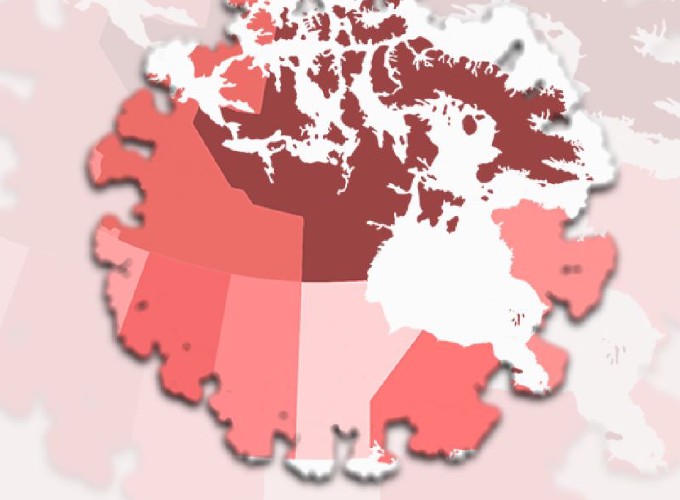The COVID-19 Crisis and Canadian Federalism

The COVID-19 Crisis and Canadian Federalism
Abstract
Major crises have figured prominently in the development of Canadian federalism. The COVID-19 pandemic certainly qualifies as a major crisis, not only in the specific public health domain, but also for its social, economic, and fiscal dimensions. As such, the pandemic comes with potential for change in the policies, processes, and territorial politics of Canadian federalism. Change can occur in many different ways: through the strengthening or exacerbating of pre-existing patterns; the re-shaping of public debate; the introduction of new policy ideas; the establishment of new precedents; the opening of windows for reform; and the emergence of political and/or economic incentives to alter existing programs, rules, and institutions. This paper examines the potential impact of the COVID-19 crisis on six key dimensions of Canadian federalism: social protection; intergovernmental relations; fiscal federalism; emergency powers; Quebec nationalism and politics; and regional alienation in Alberta.